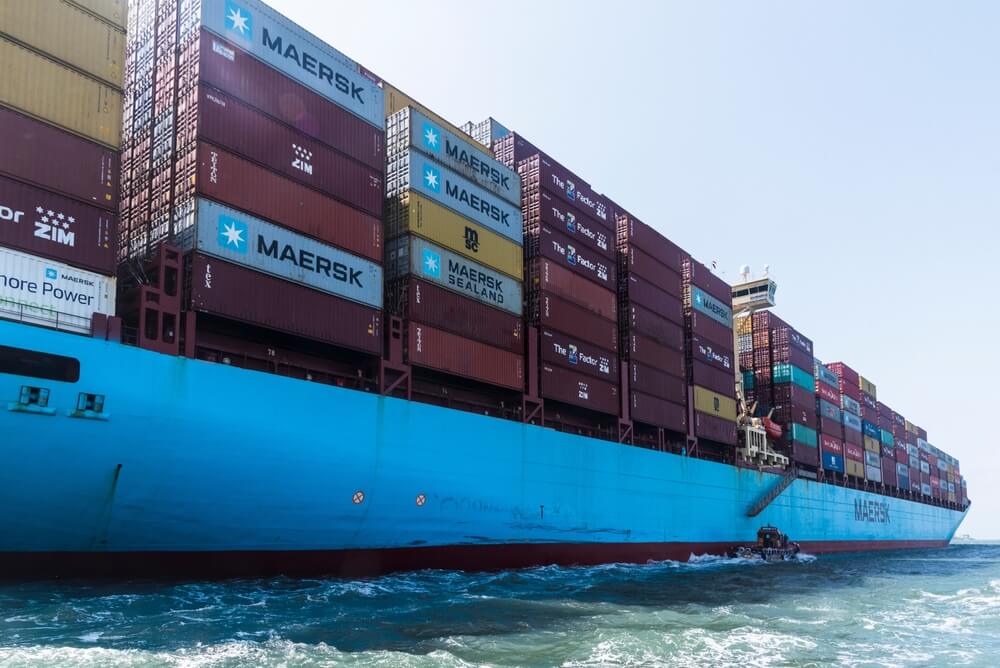The Houthi militants in Yemen have not launched any more attacks on ships in the Red Sea crisis zone since the beginning of 2025, which appeared to be a positive indication that the crisis was ending.
Not only is the conclusion of the ceasefire agreement in Gaza a significant step towards peace in the Middle East, but it also paves the way for the resolution of tensions in the busy Red Sea maritime corridor. But will the Houthis truly adhere to the peace trend that started this week with the Doha agreement on a ceasefire in Gaza?
The pro-Iranian extremists in Yemen have indicated that they will cease their offensive operations against military and commercial ships in the Red Sea, but their announcements remain cautious, even contradictory.
Firstly, Mohammed Abdul Salam, the Houthi spokesman, posted on X that their battle "reached its conclusion with the declaration of a ceasefire in Gaza."
However, Abdul Malik al-Houthi, the leader of the Houthis, was later more cryptic about the next steps of the group he leads, leaving room for further action.
“We will watch the implementation of the agreement, and if there are any Israeli breaches, massacres or attacks, we will be ready to provide military support to the Palestinian people,” said the leader of the Houthis in a TV address on Thursday.
Reasons for the attacks have ceased
The agreed ceasefire in Gaza should put an end to the Houthis' aggressive actions, which began more than a year ago as a sign of support for Hamas's fight against Israel.
Since November 2023, the Houthis have attacked more than 100 ships in the Red Sea and the Gulf of Aden. At the same time, they have launched more than 40 missiles and more than 300 drones at Israel in support of Hamas.
The leadership of pro-Iranian militants in Yemen maintains that the consistent implementation of the ceasefire agreement between Israel and Hamas in Gaza will determine their future actions.
The Houthis operate in an environment where their partner militant organisations in the region have been decimated
As the agreement reached in Qatar is quite complex and sensitive on many points, there is a possibility that the Houthis will continue to attack ships in their zone as part of the pressure to honour the ceasefire in Gaza.
However, the Houthis operate in an environment where their partner militant organisations in the region have been decimated, and they have remained isolated as an instrument of Iran's armed destabilisation of the region.
Shattered pro-Iranian potential in the region
This has significantly reduced their potential for further armed action, partly because their military capabilities have been decimated by the strikes of allies led by the USA and Israel.
Following the announcement of the ceasefire in Gaza, another pro-Iranian faction in the region, the Nujaba movement in Iraq, announced that it would "suspend military operations" against Israel, leaving the Houthis alone in their fighting stance.
Tehran's assessment of whether it wants to sustain security tensions in the region or permit peaceful development will undoubtedly decisively influence their further decisions.
Tehran is currently finding solace in the belief that the ceasefire has defeated Israel
What Iran's future strategy will look like after the ceasefire agreement in Gaza is not entirely certain. Tehran is currently finding solace in the belief that the ceasefire has defeated Israel and that the Palestinians have triumphed in their struggle.
"The end of the war and the imposition of a ceasefire is a clear victory and a great victory for Palestine and a bigger defeat for the monstrous Zionist regime," announced the Islamic Revolutionary Guard Corps.
However, Israeli combat operations have largely driven out the extremists Tehran controls in the region, so the celebratory mood in Tehran has little to do with the actual situation on the ground.
Will there be a normalisation of navigation?
Overall, this indicates that there will be a normalisation of maritime traffic in the Red Sea zone soon, following over a year of a blockade that compelled the largest shipping companies to navigate alternative routes, resulting in increased transport costs.
 The shipping companies will wait to ensure the stability of the peace settlement before sending their ships back on the usual corridors
The shipping companies will wait to ensure the stability of the peace settlement before sending their ships back on the usual corridors
The shipping companies will wait a certain amount of time to ensure the stability of the peace settlement before sending their ships back on the usual corridors towards the Red Sea and the Suez Canal.
Maritime security officials interviewed by Reuters said that "a halt in attacks was widely expected," meaning that some companies were preparing to resume Red Sea journeys, but it was still too early to say that traffic would be restored.
However, they are convinced that the first clear sign that maritime business in the Red Sea is returning to normal will be visible on the insurance market when insurance fees start to decline.